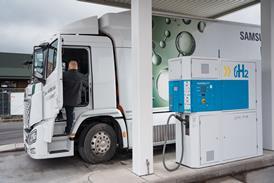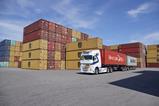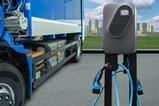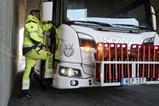Cemex and Volvo Trucks have joined forces to launch the world’s first fully electric and zero-emission heavy concrete mixer truck at a joint event in Berlin, Germany. This new development follows an agreement signed between the two companies in 2021 to collaborate closely and implement electromobility solutions to reduce carbon emissions and improve productivity in the construction industry.
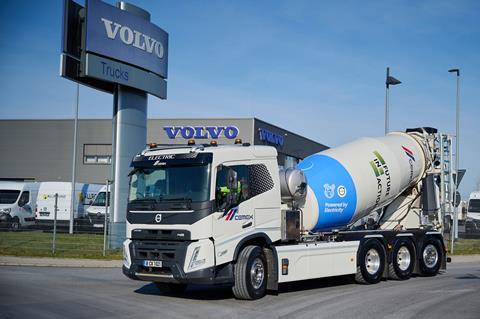
The new truck, a Volvo FMX electric vehicle, is capable of operating for a full day’s work with a single charge. It will be put into operation at the Berlin Spandau ready-mix plant in February 2023. Both Cemex and Volvo are committed to discovering, piloting and scaling the technologies needed to make emissions-free transport a reality in the construction sector.
“Together we will work to implement CO2-neutral transport in the construction industry,” said Roger Alm, President of Volvo Trucks. “Our electric trucks are zero emissions and their silent operation also provides a better environment for people working at construction sites, as well as for residents living in the city.”
Cemex is committed to becoming a net-zero CO2 company, and its CEO, Fernando A. González, emphasized that innovation and collaboration are crucial to achieving this goal. “Our partnership with Volvo has tremendous potential to contribute to the decarbonization of our business,” González said. “Rolling out our first fully electric ready-mix truck is a strong progress in that direction.”
Both companies are founding members of the First Movers Coalition, a collaboration between the World Economic Forum and US Special Presidential Envoy for Climate John Kerry, aimed at encouraging companies to make purchasing commitments for low-carbon technologies.
Cemex recently announced updated sustainability targets under its Future in Action program, aiming for a 47% reduction in CO2 emissions, to below 430 kg CO2 per metric ton of cementitious materials, by 2030. This aligns with the Science-Based Target initiative’s goal of 1.5ºC. The company also reaffirmed its goal of becoming a net-zero company by 2050.


